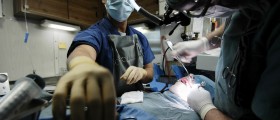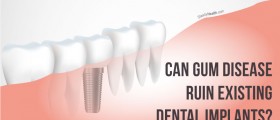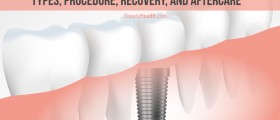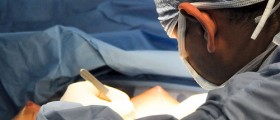
Penile implants represent last resort as far as treatment of erectile dysfunction is concerned. Men suffering from erectile dysfunction can be treated with different drugs and the condition still may not be brought under control. Fortunately, thanks to surgery and penile implants, the affected men may again enjoy in sexual intercourse.
This surgery used to be risky and was not successful in all cases. Today, due to the presence of new materials and designs as well as surgical approaches, penile implant surgery is quite efficient and may help many men.
Types of Penile Implants
Inflatable implants and semi-rigid rods are two types of penile implants. The first type is frequently used in the United States. These implants are more natural. They can inflate when a men is ready to engage in sexual intercourse and deflate once the sex is over. Also, inflatable implants do not cause any damage to the inside of the organ, which is a common problem with semi-rigid implants.
Inflatable implants may comprise two or three pieces. Fluid filled reservoir which is essential part of the implant is, depending on the type of implant, placed in the scrotum or under the abdominal wall. In order for a man to achieve erection fluid from the reservoir is pumped into the cylinders implanted into the penis.
Semi-rigid rods are firm and easier to be surgically implanted. The risk of failure in this case is also low but such implants may cause damage to the inner surface of the organ.
Penile Implants Surgery
This surgical procedure lasts no longer than an hour and is performed under general or spinal anesthesia.
Surgeons use different approaches when implanting inflatable implants and semi-rigid rods. However, there are several cuts made in order for all parts of implants to be put in desirable place.
After surgery patients must take antibiotics prophylactically and are also prescribed pain killers. Pain and discomfort may linger for several weeks. Any kind of strenuous activity is strictly forbidden for 6 weeks and patients are told when they are ready to engage in sexual activity.
Risks associated with penile implants surgery include infection at the incision site, problems with implants and internal erosion, adhesion or any other damage to the inside of the penis. Postoperative infections may require revision surgery and are also treated with antibiotics. Implants may not work adequately or some parts can break down after some time (more common for semi-rigid rods). Also fluid from the reservoir may leak. These complications are also treated surgically.










_f_280x120.jpg)






Your thoughts on this
Loading...